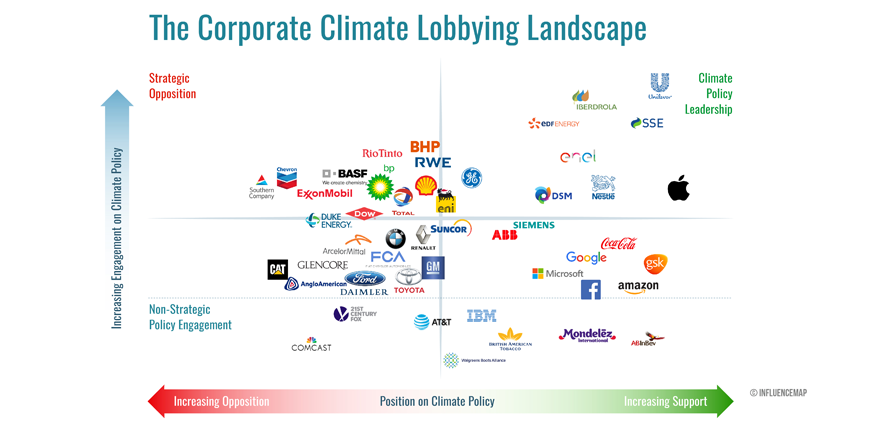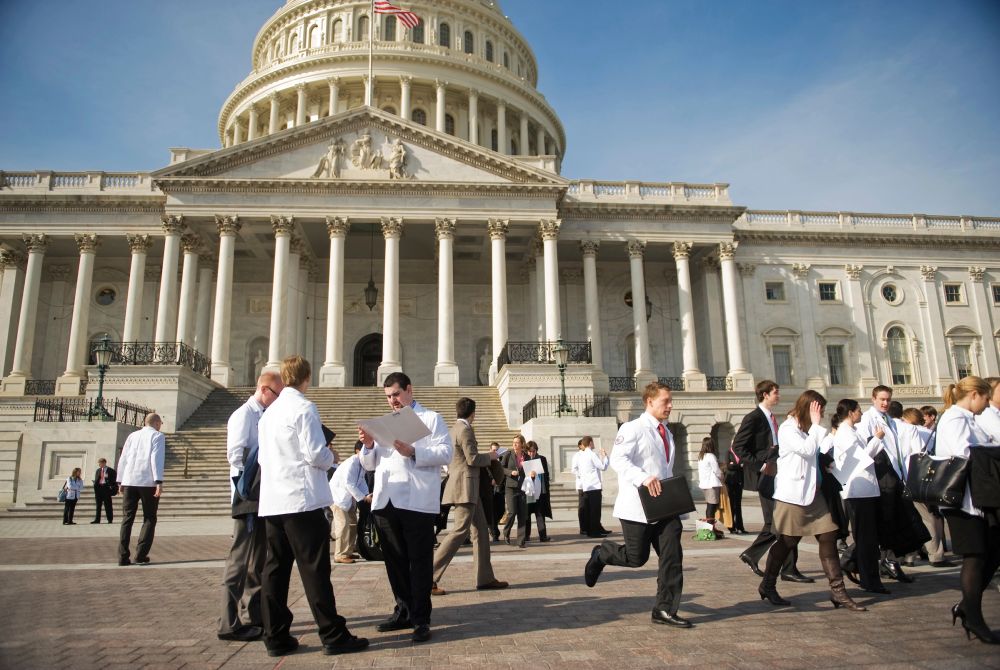The Role of Lobbying in Shaping Public Opinion and the Media’s Coverage of Political Issues
In the modern era of politics, the influence of lobbying groups has been increasingly felt in shaping public opinion and the media’s coverage of political issues. Lobbying groups are organizations that seek to influence political decisions by providing information, resources, and support to elected officials, policymakers, and the public. These groups can be found across the globe, and their impact can be felt in a variety of political arenas, from environmental policies to healthcare reform.

Lobbying groups have a significant impact on the public’s perception of political issues and the media’s coverage of those issues. These groups use a variety of tactics, including advertising campaigns, grassroots organizing, and social media outreach, to shape public opinion and influence policymakers. By funding research studies, generating news stories, and providing access to experts, lobbying groups can shape the narrative around important political issues.
One of the key ways that lobbying groups shape public opinion is through their use of advertising campaigns. These campaigns are designed to promote a particular viewpoint or agenda and can be incredibly effective at reaching a broad audience. Lobbying groups can use a variety of media channels to promote their message, including television, radio, print, and digital media. By investing in targeted advertising campaigns, these groups can help to sway public opinion on important political issues.

Another way that lobbying groups influence public opinion is through grassroots organizing. Grassroots organizing involves mobilizing ordinary citizens to become advocates for a particular cause or issue. By using social media and other digital platforms, lobbying groups can connect with like-minded individuals and encourage them to take action on important political issues. This can include organizing rallies, contacting elected officials, and participating in advocacy campaigns.
Lobbying groups also have a significant impact on the media’s coverage of political issues. By providing access to experts and generating news stories, these groups can help to shape the narrative around important political issues. For example, a lobbying group that is advocating for healthcare reform may provide journalists with access to doctors and healthcare professionals who can speak to the importance of the proposed reforms. By generating news stories that highlight the benefits of healthcare reform, this lobbying group can help to shape the media’s coverage of the issue.

However, it is important to note that lobbying groups do not always operate in an ethical manner. In some cases, these groups may engage in deceptive practices or use their resources to promote agendas that are harmful to the public interest. It is crucial that policymakers, journalists, and the public remain vigilant in monitoring the activities of lobbying groups and holding them accountable when necessary.
The influence of lobbying groups on public opinion and the media’s coverage of political issues cannot be overstated. These groups use a variety of tactics, including advertising campaigns, grassroots organizing, and media outreach, to shape the narrative around important political issues. While lobbying groups can play an important role in advocating for change, it is crucial that their activities are monitored to ensure that they are acting in the public interest.

